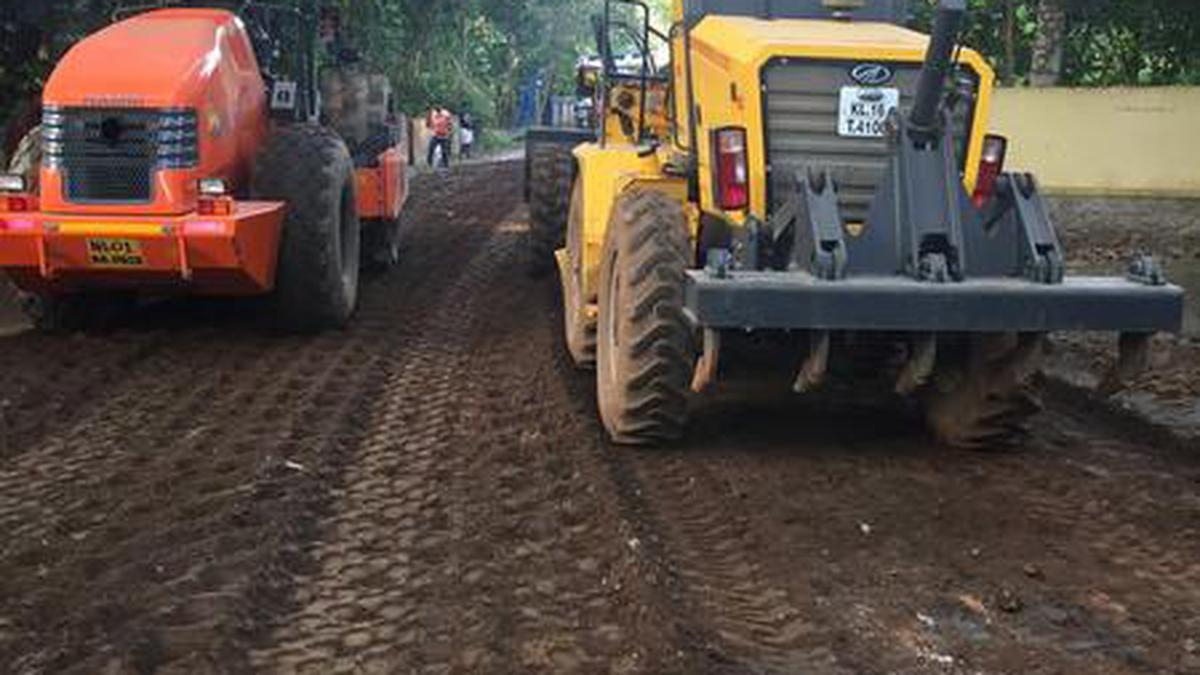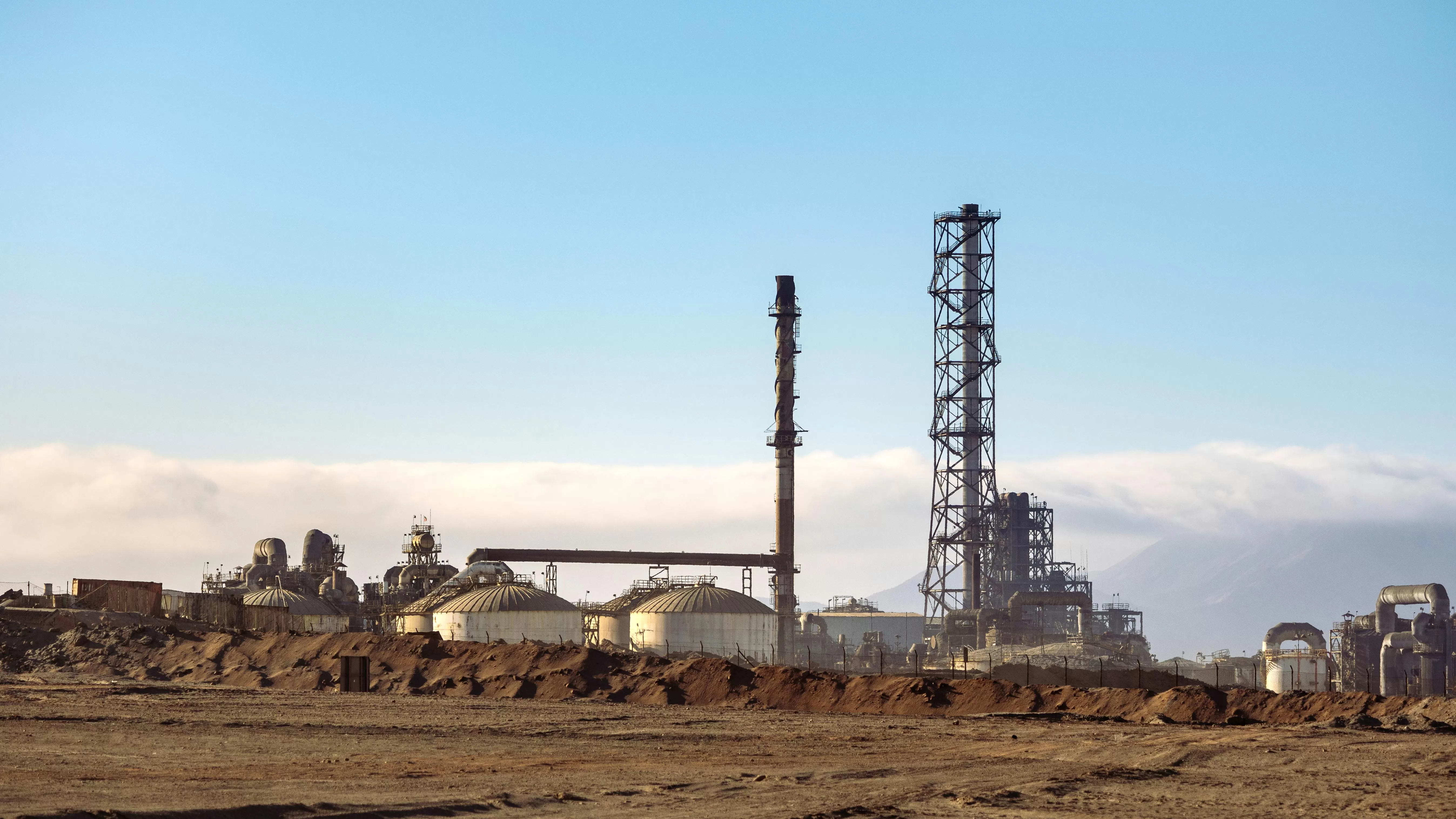
Kerala PWD implements various technologies for strong resilient roads

Coal Supply Chain Strengthened Nationwide
The Ministry of Coal has adopted multiple measures to improve the coal supply chain, ensuring efficient and cost-effective transportation. In February 2024, it launched the Coal Logistic Plan and Policy to enhance supply chain efficiency, lower costs, and promote sustainability. A key initiative is the development of First Mile Connectivity (FMC) projects, which aim to streamline coal evacuation from mines using mechanised loading infrastructure such as conveyor belts and crushers. So far, 39 FMC projects have been completed, adding a total capacity of 386 million tonnes. Rail infras..

Record Coal Production Achieved Nationwide
The Ministry of Coal has achieved a historic milestone in coal production and dispatch for the financial year 2024-25. As of March 31, 2025, total coal production reached 190.95 million tonnes, reflecting a 29.71 per cent growth from the 147.11 mn t recorded in the previous year. Similarly, coal dispatches surged to 190.42 mn t, a 33.31 per cent increase over the 142.79 mn t in FY 2023-24. Both captive and commercial mines played a crucial role in this achievement: Captive mines registered a 24.71 per cent increase in production and a 27.71 per cent rise in dispatch, ensuring a steady supp..

Startup Mahakumbh 2025 Begins Today
The 2nd edition of Startup Mahakumbh will take place from April 3-5, 2025, at Bharat Mandapam, with Union Commerce and Industry Minister Shri Piyush Goyal inaugurating the event. Minister of State Jitin Prasada will deliver a special address. The event aims to drive India’s economic growth and highlight its startup success story to the world. Startup Mahakumbh will serve as a hub for entrepreneurs, investors, and industry leaders, featuring over 45 tribal entrepreneurs, including startups from IIM Calcutta, IIM Kashipur, and IIT Bhilai. The event will see representation from over 50 cou..














